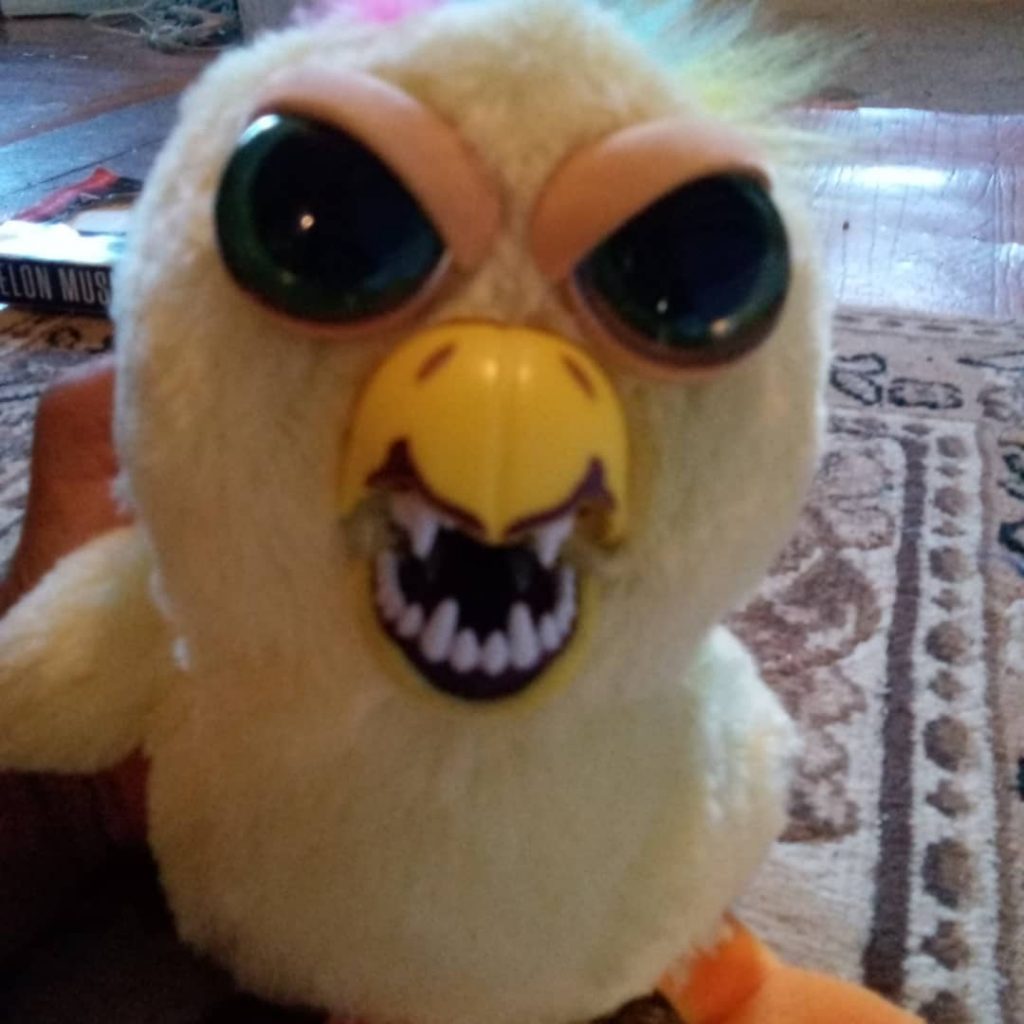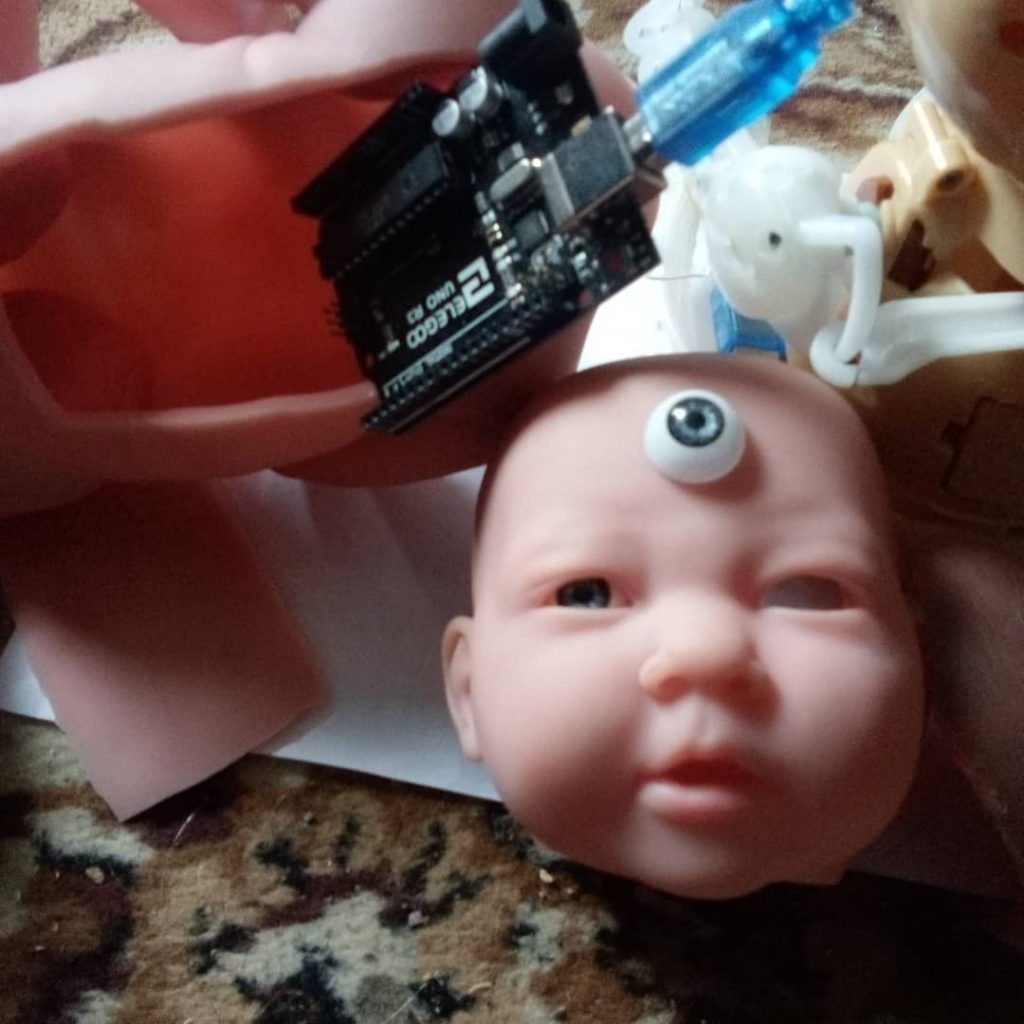We are well past the stage of asking “if” we should have robots or AI.
We have lots of them and its like a freight train speeding down a track and we must decide if we’ve finished building the track or if the AI robot train will all go flying off the rails and crash into a big ball of fire!
The creators of industrial robots that have been used in factories and warehouses for 40 years usually say that the benefits of their robots outweigh the downsides.
They and more modern roboticists usually say that robots are meant to do the jobs that are highly dangerous for humans like welding, or jobs that are overly boring for humans like assembling gadgets.
This may be true but if it results in widescale unemployment for millions of people, what will these people do to avoid boredom and a lost sense of self worth that comes with working each day?
Well….thats a fair question.
The really far out AI skeptics worry about whats called singularity which is basically what happens if the robots get smarter than we are and start telling us what to do!
So in this section we will address some of these issues and we will encourage you to carry on more discussion of these issues on our Facebook page and our group about Robotics & Ethics wwwFacebook.com/ToysToWork .
Here are some of the topics that you could discuss.
- – Jobs lost versus the benefit of replacing dangerous and mundane repetitive
- – Religious or ethical concerns over merging man with machine
- – similar concerns about any genetic manipulation of humans and/or animals or new life forms
- – Ethical issues about the rights of a robot like work hours, abuse, type of use like military/police
- – privacy issues with the rise in facial recognition camera technology
- – physical concern about robots taking over
Here are a few good books and although they don’t directly deal with robotics they are eye opening.
The 2014 book “Frankenstein’s Cat” deals with how man has been manipulating the dna of animals in China and elsewhere long before the book’s publishing date.
Elon Musk, probably the most well known tech entrepreneur and outspoken supporter and critic of AI has spoken many times about our future with AI.
Just go on youtube and watch some of Elons’s comments where he is basically saying that we could have a dark future with AI if we don’t monitor it and in his view allow AI to merge with humans as opposed to allowing AI to grow separately.
Elon seems to suggest that the best or maybe only way to work with AI is to use a technique to tie the two together and to that end he has developed his neural link implant which fits onto or into the human skull.
This idea will certainly aid people who are suffering from certain types of brain issues like Parkinson’s disease and perhaps stroke and dimentia.
The next step would be to allow the human mind to do or imagine things far greater than it ever could have done without the AI implant.
The term that everyone is always so afraid of in AI research is Singularity.
Singularity is basically achieved when the AI greatly surpasses the intelligence of the human and people like Elon believe this is certainly coming in his lifetime and probably within the next handful of years.
The greater fear is that the super intelligent AI would be able to achieve things beyond our current biological limitations.
People have seen movies like 2001 Space Odyssey where the robot/ai Hal takes control of the ship and when commanded to do something to save the person, Hal simply says in an impassive voice…”im sorry”.
Check out this music band with their very entertaining and realistic portrayal of our future with robots as they play their instruments and teach their InMoov robots how to play in their band. Of course at the end of the video you can only imagine what happens. The robots get to go home with the band’s female groupies.
Here is the song called “take my job away” from the band “Dubioza Kolektiv”.
Will robots ever have emotion?
We now have robots that can “fake” emotion and even $40 toy robots come with personalities that you can change depending on how often you pat them or hug them (some Furby dolls).
The multi million dollar project that created the Pepper robot can fake emotion and it is fairly good at it in a robot way.
The David Hanson Sophia robot can answer questions pretty well and appear human-like with its laugh and facial gestures.
Hanson has their research robot Sophia making great strides with AI and they have created several side projects to involve more people in building a better AI future. There is SophiaDAO, Being Sophia and SingularityNET.
The robots or animatronics at Engineered Arts with the Mesmer project are truly amazing and some would say scary at how realistic they are.







